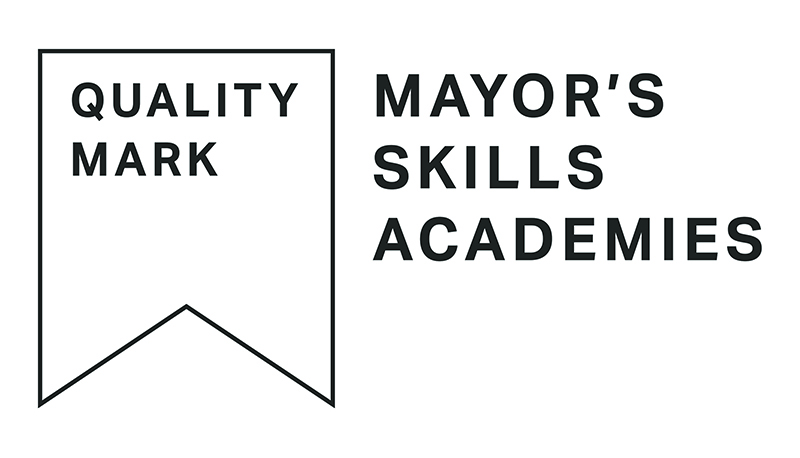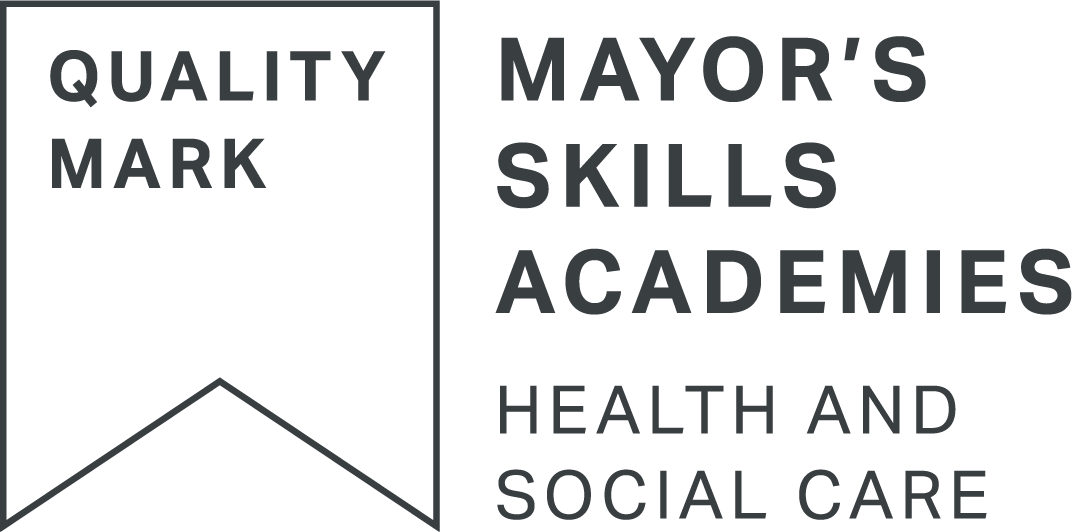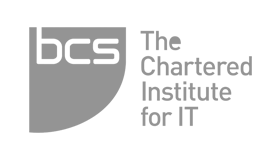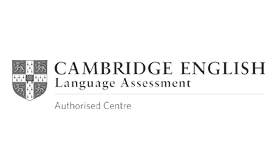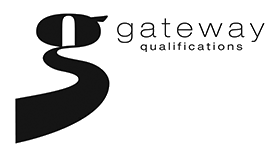If you are studying at Havering Sixth Form:
History places particular emphasis on the development of independent thought and to present arguments clearly and persuasively, as well as enhancing powers of analysis and evaluation. This A Level offers a huge range of relevant options that span early modern and modern history and circle the globe; from revolutionary Europe to the rise and equally dramatic decline of communist powers. Teaching staff are impassioned experts in their fields and the course receives very positive student feedback.
The aim of the course is to develop independent thought, analysis and evaluation. You will be studying topics including Britain 1625-1701 - conflict, revolution and settlement; France in Revolution, 1774-99; Germany 1871-1990, united, divided, reunited; and historical interpretations. There are three exams at the end of the two-year course.
You can expect to:
- Develop and understand historical terms and concepts
- Explore the significance of events, individuals, issues and societies in History
- Understand the nature of historical evidence and the methods used by historians in analysis and evaluation
- Carry out an in-depth research-based investigation
There are four components of the course - papers 1-3 are exam-based and paper 4 will be coursework. It is now compulsory to study the history of more than one country and to cover a chronological range of at least 200 years.
History A Level is taken with two or three other A Levels or one other A Level and a Level 3 single BTEC. It combines well with most subjects, but particularly those within the Humanities faculty.
The course consists of assessment: 80% exam, 20% coursework.
Exam board: Edexcel - GCE
If you are studying at Attlee Academy:
History A Level will allow you to cover defining periods in British and world history over a 1,000 year period. You will study Anglo-Saxon England, learning about life before the Norman invasion and defeat of the Anglo-Saxons at the Battle of Hastings and what it meant for English life afterwards and the decline in Anglo-Saxon culture and language.
You will also study the Crusades, a period of history defining political and religious events, whose after-effects can in some ways be felt today in the Middle East. Modern history will also be studied, looking at the rapid social development and change from the 1880s through to the present learning how positions in society and political and economic events have shaped our cultural directions.
You are assessed through a series of three exams, and a piece of coursework in the second year.
This course really encourages you to think for yourself, to question the world around you and to see issues from a different point of view. This is valuable to most employers and universities.
What will I study?
- The Crusades, c1095-1204 - religious and political reasons, chivalry, leadership, growth of Crusader kingdoms, Saladin
- Anglo-Saxon England and the Anglo-Norman Kingdom, c1053-1106 - life in Anglo-Saxon England, Harold Godwinson, William of Normandy and the Norman invasion, Norman England
- Mass media and social change in Britain, 1882-2004 - role of women in society, war work, feminism, technology, political development, social change
- Coursework - Mass media and social change in Britain, 1882-2004 - 3,000-4,000 word extended essay on an independently researched inquiry on the key historical debate.


